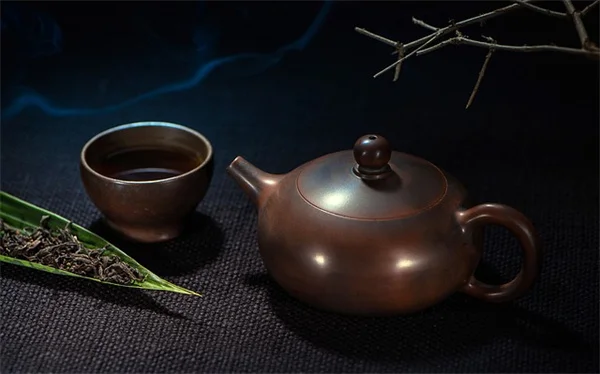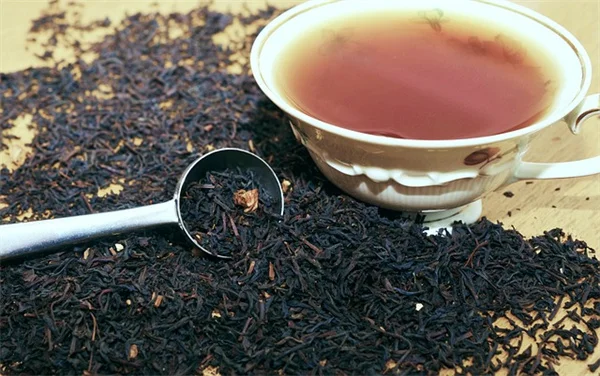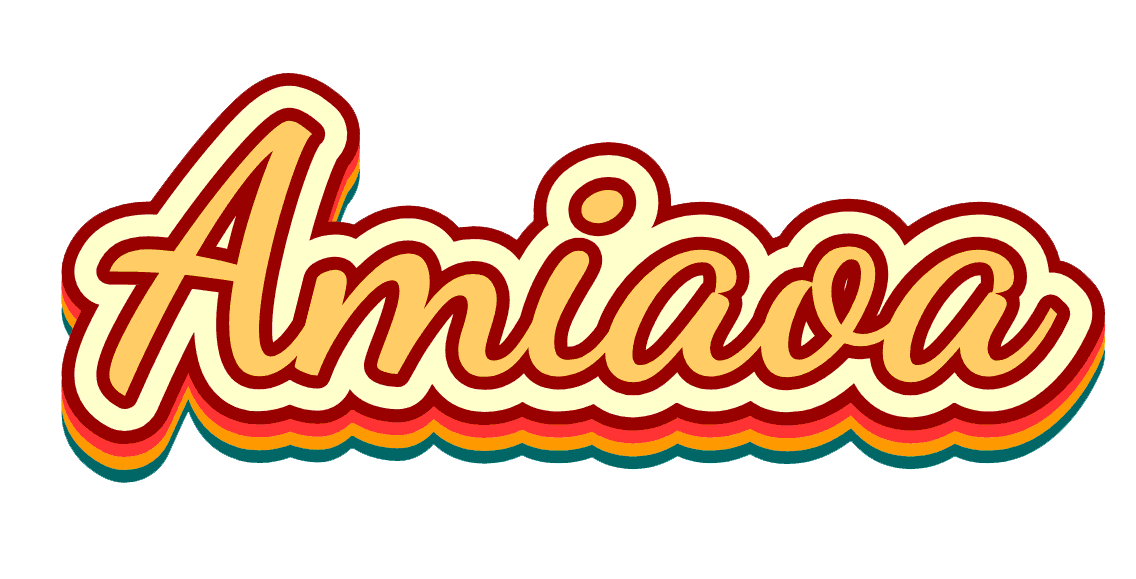Are you curious about how jigsaw puzzles can boost your brain health? The answer is a resounding yes! Engaging in jigsaw puzzles not only sharpens your cognitive skills but also enhances your overall mental well-being. Research shows that regularly solving these colorful conundrums can lead to improved memory and problem-solving abilities, making your brain feel more active than ever. Think about it: when you're piecing together a puzzle, you’re not just having fun—you’re giving your brain a workout! So, if you’re looking for a brain-boosting activity that’s both enjoyable and beneficial, grab a puzzle and let’s dive into the wonderful world of jigsaws together! 🧩
E.g. :Unlock Your Brain's Potential: 7 Mind-Blowing Benefits of Puzzles for Brain Health
- 1、Why Jigsaw Puzzles Are Your Brain's Best Friend 🧩
- 2、Puzzle Hacks That Changed My Life 🔍
- 3、Puzzles Across Generations 👨👩👧👦
- 4、Puzzle Tech You Didn't Know Existed 🤖
- 5、Your Personal Puzzle Prescription 💊
- 6、FAQs
Why Jigsaw Puzzles Are Your Brain's Best Friend 🧩
1. The Ultimate Brain Workout
Ever notice how your brain feels alive when you're hunting for that perfect puzzle piece? That's because jigsaw puzzles give your gray matter the ultimate gym session! Studies show regular puzzle-solving can boost memory by up to 30% compared to passive activities like watching TV.
Here's the cool part - when you're matching colors and shapes, you're actually firing up multiple brain areas simultaneously. The visual cortex processes images, the prefrontal cortex handles problem-solving, and your hippocampus stores all those piece patterns. It's like a neural symphony playing in your head! Pro tip: Try timing yourself - you'll be amazed how much faster you get with practice.
2. Stress-Busting Superpowers
Bad day at work? Puzzle therapy to the rescue! The rhythmic sorting and placing creates a zen-like flow state that lowers cortisol levels better than scrolling social media.
I keep a 500-piece puzzle on my coffee table for stressful moments. Last Tuesday, after a crazy video call marathon, I spent 20 minutes piecing together a sunset scene. The change was incredible - my shoulders relaxed, my breathing slowed, and that tension headache vanished. Science confirms this effect: puzzle-solving triggers the same alpha brain waves as meditation.
 Photos provided by pixabay
Photos provided by pixabay
3. Family Bonding That Actually Works
Forget forced game nights - puzzles create organic togetherness. My family's "Sunday Puzzle Brunch" tradition has survived teenage eye-rolls and toddler chaos.
Here's why it works:
| Activity | Conversation Quality | Conflict Potential |
|---|---|---|
| Puzzles | High (natural pauses) | Low |
| Board Games | Medium | High (someone always cheats!) |
| Movie Night | Low (shhh!) | Medium (popcorn fights) |
Last week, my 13-year-old actually told me about her school drama while searching for edge pieces. Parenting win!
4. The Hidden Career Benefits
Think puzzles are just for kids? Think again! Top CEOs like Bill Gates are famous puzzle fans. Here's why:
• Pattern recognition - Crucial for spotting market trends
• Strategic patience - Knowing when to pivot approaches
• Detail focus - That one missing piece trains precision
My friend Sarah credits her puzzle habit for helping her transition from accountant to UX designer. "All those hours analyzing shapes directly translated to interface design," she told me. Who knew cardboard pieces could be career training?
5. Customizing Your Puzzle Experience
Not all puzzles are created equal! Here's how to find your perfect match:
For beginners: Start with 300-piece puzzles featuring bold colors (I love the "World Landmarks" series)
For intermediates: Try 1000-piece gradients or monochrome designs
For experts: Double-sided or spherical puzzles will blow your mind!
Pro tip: Keep a "puzzle journal" to track which brands have the best piece fit (I'm team Ravensburger all the way). The satisfying click of perfectly matched pieces is worth the extra few dollars.
Puzzle Hacks That Changed My Life 🔍
 Photos provided by pixabay
Photos provided by pixabay
3. Family Bonding That Actually Works
Here's a game-changer: sort by shape not just color. Most people make this mistake! I use muffin tins to organize pieces:
• Knob on top
• Knob on right
• Knob on bottom
• Knob on left
• Weird shapes
• Edge pieces (obviously)
This method cut my 1000-piece completion time from 12 hours to 8. My husband thought I was nuts until he tried it - now he's converted!
2. Lighting Matters More Than You Think
Ever strained your eyes squinting at similar shades? Invest in a good lamp. I use an architect's swing-arm light with daylight bulbs.
The difference is night and day (literally). Proper lighting helps you spot subtle color variations - that "blue" piece might actually have a green undertone. Bonus: your future 60-year-old eyes will thank you!
3. The Power of Puzzle Breaks
Here's a neuroscience trick: walk away when stuck. Seriously! Our brains solve problems better during breaks.
I set a 45-minute timer. When it goes off, I make tea or check the mail. 80% of the time, I spot the missing piece immediately upon returning. The other 20%? Well, that's what the "cheat sheet" photo is for (don't judge!).
Puzzles Across Generations 👨👩👧👦
 Photos provided by pixabay
Photos provided by pixabay
3. Family Bonding That Actually Works
My 4-year-old niece can complete 24-piece puzzles, while my 85-year-old neighbor tackles 2000-piece masterpieces. The beauty? Same cognitive benefits at every age.
For kids: Develops fine motor skills and shape recognition
For adults: Maintains neural plasticity
For seniors: Reduces dementia risk by up to 15%
2. Creating Family History One Piece at a Time
We frame special completed puzzles as memory art. The Eiffel Tower one reminds us of our Paris trip, while the puppy puzzle commemorates adopting Max.
Here's a sweet idea: Have family members sign and date the back of one special piece. Years later, you'll rediscover these little time capsules of love.
3. The Great Family Puzzle Tournament
Every Thanksgiving, we host a high-stakes puzzle competition. Teams of two, identical 500-piece puzzles, and a trophy made of puzzle pieces.
Rules:
1. No looking at the box image after start
2. One "sneak peek" token per team
3. Winner picks next year's puzzle theme
Last year's drama? My sister-in-law "accidentally" knocked over the leading team's nearly finished puzzle. We're still not over it!
Puzzle Tech You Didn't Know Existed 🤖
1. Digital Meets Physical
Augmented reality puzzles are here! Scan completed sections with your phone to reveal hidden animations. My favorite shows fireworks exploding over the finished image.
There's also puzzle apps that let you:
• Save works in progress
• Zoom in on tricky areas
• Get hints when truly stuck
2. Custom Puzzles From Your Photos
Services like Shutterfly turn your memories into puzzles. We made one from our wedding photo - watching Grandma piece together our faces was priceless!
Pro tip: Choose photos with high contrast areas. That beach sunset might look gorgeous, but all those similar orange tones will drive you nuts!
3. The Future Is Here - Smart Puzzles
Coming soon: puzzles with RFID chips that light up when placed correctly. Imagine pieces that glow when you find their match! Perfect for late-night puzzling sessions.
Would you try a puzzle that plays victory music when completed? I totally would - maybe the "Imperial March" for Star Wars puzzles!
Your Personal Puzzle Prescription 💊
1. Finding Your Puzzle Personality
Take this quick quiz:
1. Do you prefer:
A) Organized systems (sort all pieces first)
B) Creative chaos (dive right in)
2. Your ideal puzzle image:
A) Clear sections (like a map)
B) Subtle gradients (like a sunset)
Mostly As? Try structured puzzles like "Library Bookshelves." Mostly Bs? Go for impressionist art puzzles.
2. Building Your Puzzle Habit
Start small: 15 minutes daily. I keep a puzzle mat on my dining table - easy to roll up if guests come.
Track your progress with the Puzzle Tracker app. Seeing your completion times improve is incredibly motivating. Last month, I shaved 2 hours off my personal best!
3. When to Level Up
Ready for a challenge? Try these advanced techniques:
• Work upside down (no image reference)
• Time yourself completing just the border
• Try a puzzle blindfolded (just kidding... or am I?)
Remember: The goal isn't perfection - it's enjoying the journey. Even if the dog eats that one crucial piece (RIP, sky section), you still won!
In wrapping up our exploration of jigsaw puzzles for brain health, it’s clear that these colorful challenges do so much more than just entertain. They provide a fantastic workout for your brain, significantly boosting memory and cognitive function. Plus, they serve as a perfect stress-relief tool, allowing you to unwind and find your zen amidst the chaos of life. I can personally attest to the joy of piecing together puzzles with family, transforming them into cherished bonding experiences that foster communication and collaboration.
As we’ve seen, the benefits span across all ages, making puzzles a timeless activity for everyone from toddlers to grandparents. So, if you haven’t already, I encourage you to dive into the world of jigsaw puzzles. Not only can they enhance your mental agility, but they also create lasting memories with loved ones! Remember to share your experiences with puzzles in the comments below, and let’s keep the conversation going about how simple activities can lead to profound benefits for our brain health. 🧠💪
And hey, if you’re looking for more tips on how to maximize your puzzle experience, consider exploring the latest puzzle technologies or even joining a local puzzle club. There’s a whole community out there waiting to connect with you over shared interests!
E.g. :Jigsaw Puzzling Taps Multiple Cognitive Abilities and Is a Potential ...
FAQs
1. How do jigsaw puzzles improve brain function?
Jigsaw puzzles are like a workout for your brain! They engage multiple areas, enhancing memory and cognitive skills. Studies indicate that regular puzzle-solving can boost memory by up to 30%, which is way more effective than just watching TV. By matching colors and shapes, you're firing up your visual cortex, prefrontal cortex, and hippocampus simultaneously, creating a neural symphony in your head. So, if you want to keep your mind sharp, grab a puzzle and get started!

